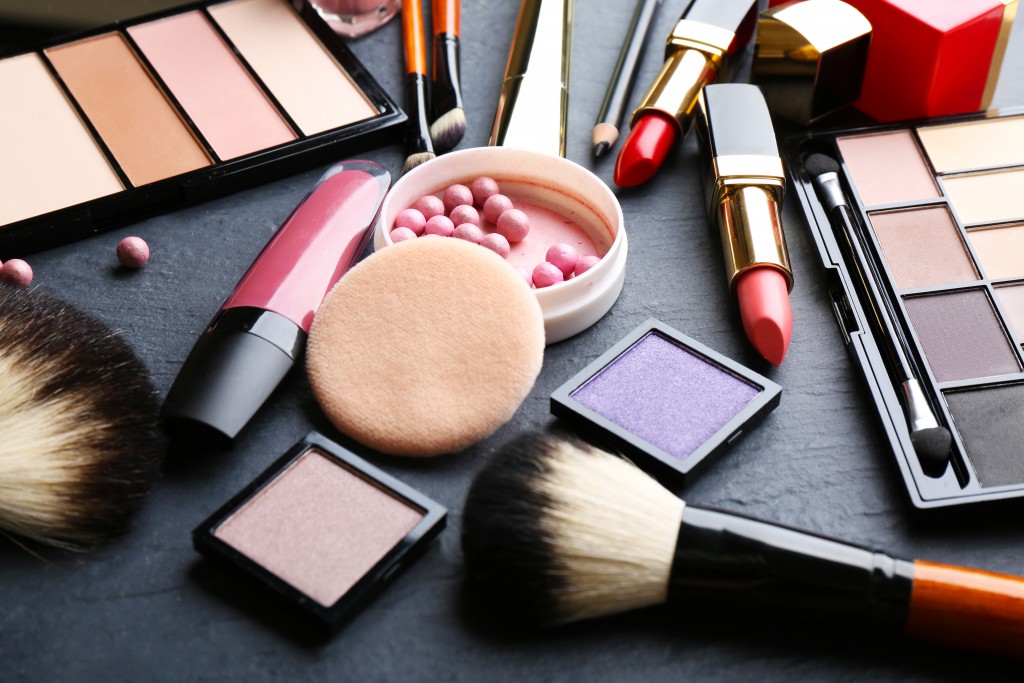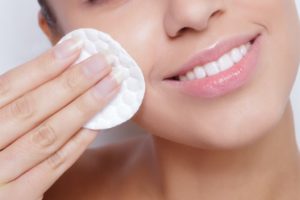A July 2019 study found that beauty has become a $532 billion industry. A study from this year found that the beauty industry continues to be in a stronger position than other consumer categories and that the COVID-19 crisis is unlikely to change this upward trajectory.
Thanks to an influx of successful beauty gurus and influencers, makeup and skincare became a go-to hobby and happy pill for people of all genders, ages, and races. The continuous growth of the beauty industry shows that people still find joy and comfort in putting on a gorgeous lipstick before a Zoom meeting.
It’s no surprise that makeup lines and cosmetic brands continue to pop up seemingly every day—from celebrities to influencers to musicians, everyone wants a piece of the half a trillion-dollar pie. With so many people of influence starting their own makeup brands, do normal people like you and me have a chance?
Well, it depends. Your makeup company’s success will depend largely on your ability to set your brand apart and find a gap in the market. Here is a step-by-step guide to starting your own makeup brand in an incredibly saturated landscape.
1. Familiarize yourself with FDA regulations
First of all, if you don’t know how to conduct a business in the United States, you need to start doing your homework. Familiarize yourself with FDA regulations and other business licenses, patents, and permits you need to apply to make sure that all of your business moves are above board. Check FDA’s requirements for the manufacturing and labeling of cosmetic products. You can learn more about this through the FDA’s website.
2. Find a laboratory or home base
The next thing you want to do is to decide on how to produce your makeup. Are you going to start by private labeling your products and then eventually manufacturing them yourself? That can be a good option if you’re starting from the bottom up, funds-wise.
But should you decide that you want to produce them yourself from the onset, look for reputable laboratories that use top-grade brands like Bioline Global. The last thing you want to do is compromise your products’ quality.
3. Decide on a niche
You would be hard-pressed to find a theme or concept that has not been done before. From pop culture to color stories—it’s all been done already, and you need to find a way to set your products apart from everything else that’s already available in the market. But if you’re going to do a concept that’s been done before, make sure you add a new twist to it.
4. Go for a unique and creative brand identity
Make sure you go for a brand identity that only you can do. An example is the Filipino cosmetic brand Filipinta, which uses Philippine mythology as an inspiration for their products and marketing. Their branding works because Filipinas created it. Don’t go around appropriating a culture that’s not your own. Consider your unique personality and history, and build your brand from there.
5. Develop a solid marketing plan
The makeup industry grew the way it did through the efforts of makeup brands and influencers. Without the power of social media, beauty wouldn’t be the industry powerhouse it is today. Unfortunately, it also means that the digital landscape is incredibly saturated. This is where your unique brand identity comes in. Once you have a solid and one-of-a-kind concept and theme, enforce it with a solid digital marketing plan.
6. Test your products multiple times
If your laboratory is good, they would most likely test the products as the FDA requires. Make sure to go the cruelty-free route, and once you have samples from the lab, test your products on yourself multiple times. Swatch them on your friends and family, and make sure you get a wide range of skin tones and skin types. Get their opinion on the products’ performance.
7. Sell your products online

Unless you’re a big-time celebrity, you probably won’t be able to earn a spot at Sephora just yet. Start by selling your products online and build a customer base from there.
8. Get customer feedback
And last but not least, make sure you get feedback from your buyers. Don’t be afraid of constructive criticism—it can only help your brand grow from here.
Chase After Your Dream
Starting one’s own makeup brand need not be exclusive to A-list celebrities with unlimited capital. With a lot of creativity and resourcefulness, you just might be able to carve your own niche as an indie brand owner in a saturated industry.





